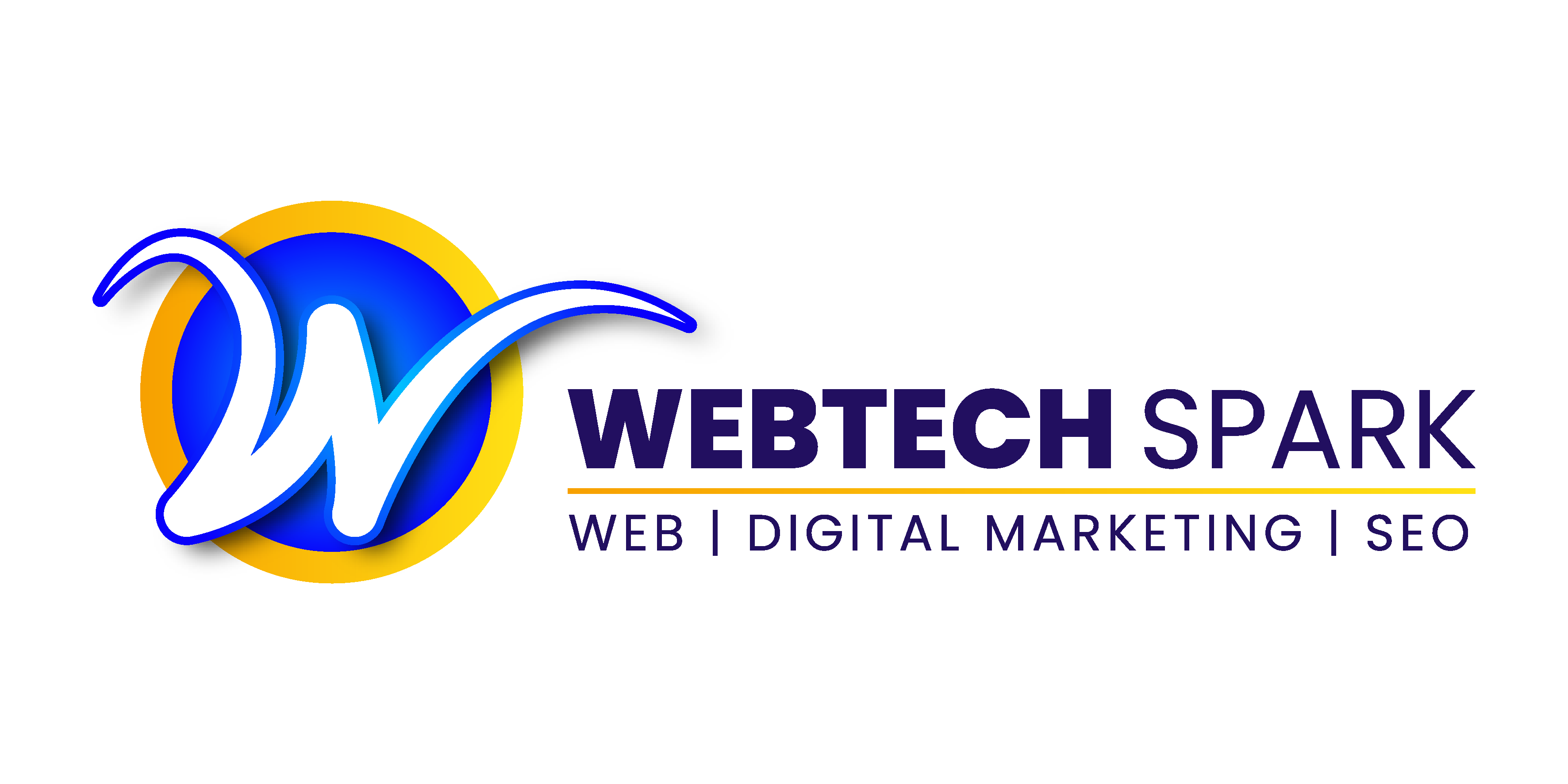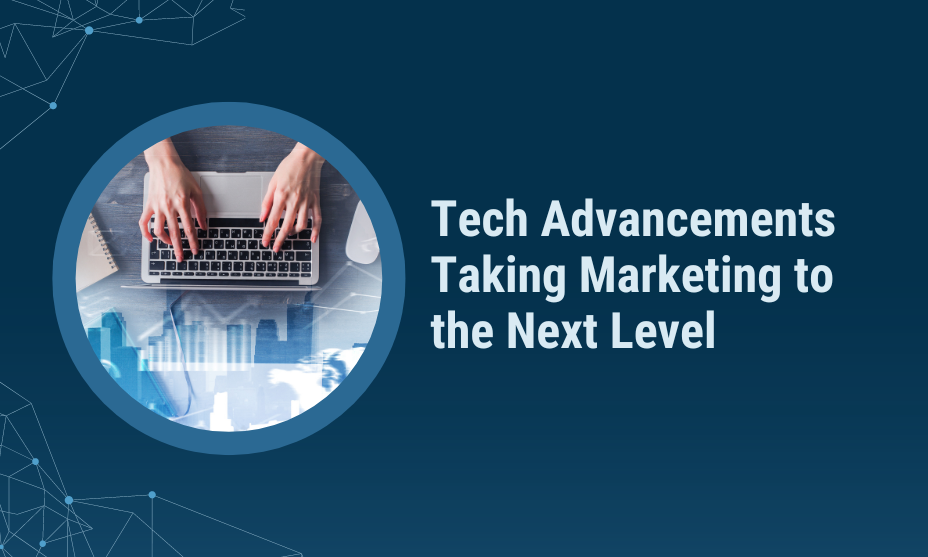Technology is changing industries across the world; whether it’s drone deliveries, interactive classrooms or AI-powered investment banks.
The UK is Europe’s largest spender on advertising, making marketing a massive industry on these shores and technology is also shaping the way that products and services are promoted to the masses.
We’ve picked out four areas that are experiencing rapid change as technology offers marketers new opportunities as well as fresh challenges to solve.
Content production
Generative imaging tools and Natural Language Processing are already changing the way that marketers plan and execute content.
Web pages, product images, and logos can now be mapped out (and in some cases, created in their entirety) by computer programs. This reduces working time significantly and has the potential to alter the face of marketing teams across all sectors.
Automated and AI-powered marketing
NLP models are typically banded under the term ‘AI’, although not all of them are strictly speaking branches of artificial intelligence.
AI is certainly a factor in the future of marketing, however. Campaigns can be fed into machine-learning programs in an attempt to adapt them to a wide range of target audiences.
Marketers instinctively know that what works for a 19-year-old student may not speak to a 41-year-old father f three in the same way. While it may currently take a lot of time and brainpower to adapt messaging for each, AI tools can analyse previous campaigns and current trends to provide this information faster.

Interactive products
We are now a society of online shoppers, a long-standing trend that was accelerated by the COVID-19 pandemic as physical stores had to close.
While the convenience of online retail is a draw for many, one aspect in which bricks-and-mortar browsing is tough to beat is getting hands-on with a product.
Advancements in CAD design software are bridging this gap. Retailers are now able to carry hyper-realistic and interactive versions of products in their online store, taking things many levels up from a carefully crafted photoshoot.
Data Analytics and personalisation
Businesses and marketers now have more information about customers and potential shoppers than ever before, with browsing habits, interests and even details about our physical health captured by the devices we use each day.
This enables marketing campaigns to be adapted and optimised for certain audiences or even individuals based on their likelihood to engage with a campaign.
It also allows for a multi-platform approach, giving marketers even more opportunities to secure that all-important conversion. What works for one person on a sponsored Instagram post might be better served being displayed to another in the form of email marketing.
This also increases the importance of marketers being mindful of their data reporting duties.
It remains to be seen just how the evolving world will influence how we interact with the world of advertising. Apple recently confirming its Vision Pro ‘spatial computer’ could be the next milestone in the journey as Augmented Reality starts to influence future campaigns.



